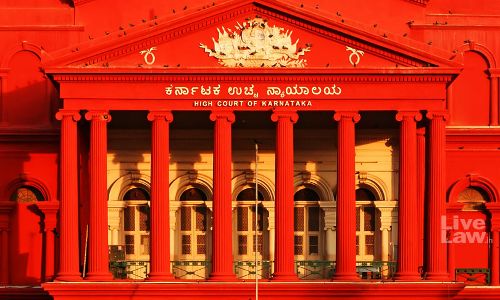Authority Under Registration Act Not Civil Court, Can't Issue Summons Or Examine Witnesses: Karnataka High Court
Mustafa Plumber
1 April 2022 5:35 PM IST

Next Story
1 April 2022 5:35 PM IST
The Karnataka High Court has said that the power conferred on the registering officer under the Registration Act is fundamentally to enable him to satisfy himself about the identity of the person who has presented the document and enquire with him as to whether he has executed the document so presented by him and this power cannot be enlarged by examining the witnesses, scribe...
